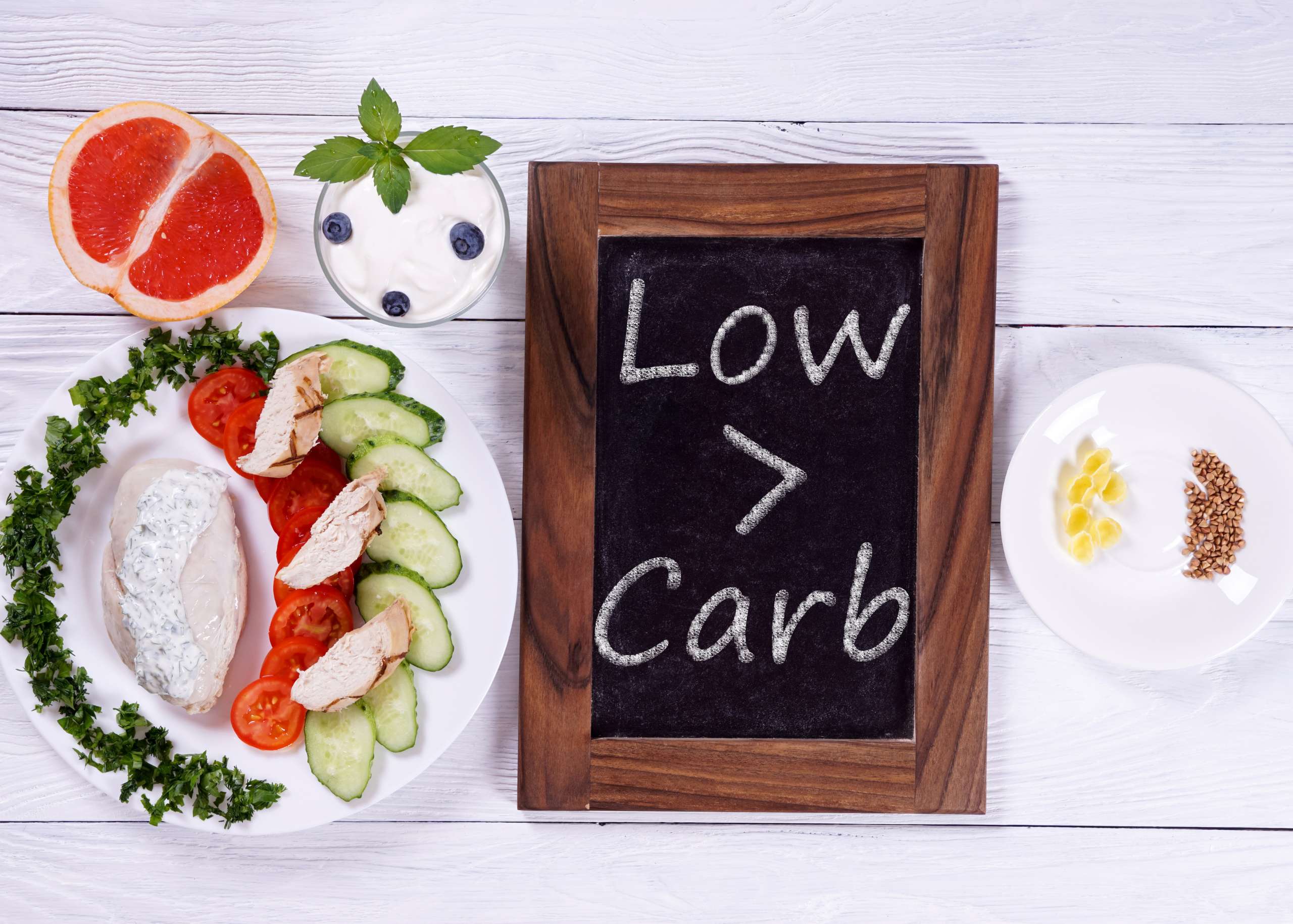Low carbohydrate diet for diabetes typically limits total carbohydrate intake to between 130 and 150 grams per day, with at least half coming from vegetables and fruits. The remaining amount should come from whole grains, legumes and dairy products.
Did you know that restricting carbohydrates is not an excellent way to manage diabetes and may even cause hypoglycemia?
All of the carbohydrates you consume are converted into glucose. The type and amount of sugar you consume can impact your blood glucose levels and diabetes management.
Carbohydrates come in various forms, including simple sugars (white sugar, white bread, white rice juice, and so on), complex carbohydrates (whole grain bread, brown rice, and so on), and fibers.
If you have diabetes and use insulin, you must keep track of your carbohydrate intake.
Learn which foods contain carbohydrates, how to estimate carbohydrate portions, and how to track the effect of carbohydrates on blood glucose levels.
Evidence suggests that the quality of carbohydrates, rather than the quantity, is more important for overall health and blood glucose control.
The glycemic index (GI), glycemic load, and fiber content were used to assess the quality of carbohydrates.
Foods with a lower glycemic index, in general, can help manage blood glucose levels by slowing the release of sugar into the blood.
More importantly, choosing foods high in fiber and whole grains over refined carbohydrates like white bread is better for our health and lowers our risk of type 2 diabetes mellitus.
It is also known that certain carbohydrate-containing foods, such as fruits and vegetables, are associated with good overall health.
Wholegrain bread and cereals are examples of low-glycemic-index foods.
Rather than fruit juices, eat whole fruits.
Eating an apple with the peel on, for example, contains more fiber and less sugar than drinking apple juice, which contains more sugar and fewer fibers.
As an alternative to white rice, try quinoa and bulgur wheat.
Low-carb sources of protein include legumes.
The carbohydrate serving size in your food is critical for blood glucose control.
Personal needs and body composition analysis are used to calculate the number of servings. This is thoroughly discussed with your dietitian and planned based on your preferences and needs.
Finally, by reducing carbohydrates or following a low carbohydrate diet for diabetes, we can reduce the calorie content of food; as a result, overweight or obese people with type 2 diabetes mellitus will benefit and lose weight, aiding blood glucose management.
Following a low carbohydrate diet for diabetes will result in good glycemic control in the long run.
Always remember to eat better, not less.
Experienced Diabetes Dietitian in Abu Dhabi

Ms. Dina Aldarweesh
Clinical Dietitian
Years of Experience: 4
Nationality: Jordan
Languages Known: English, Arabic



















